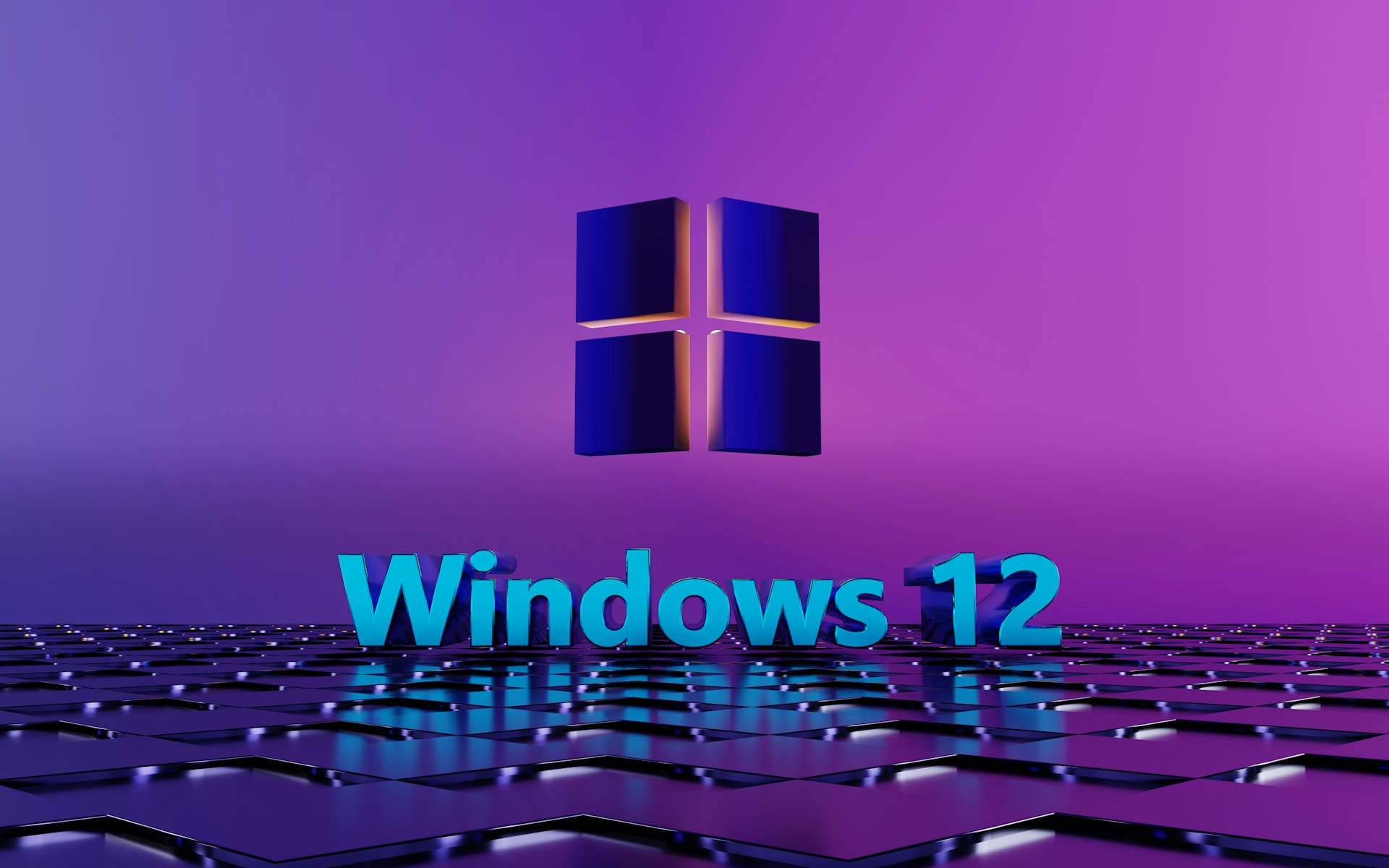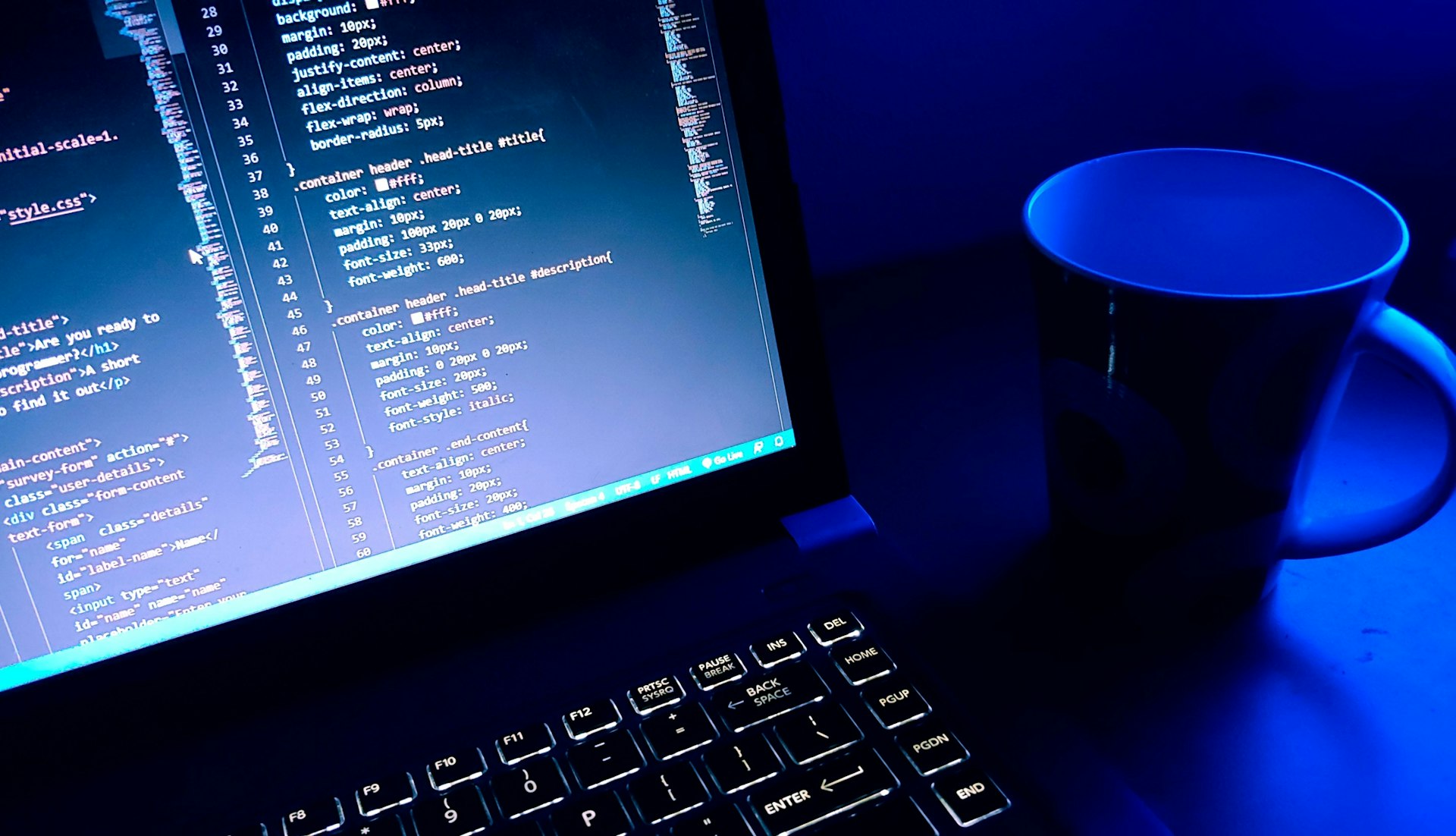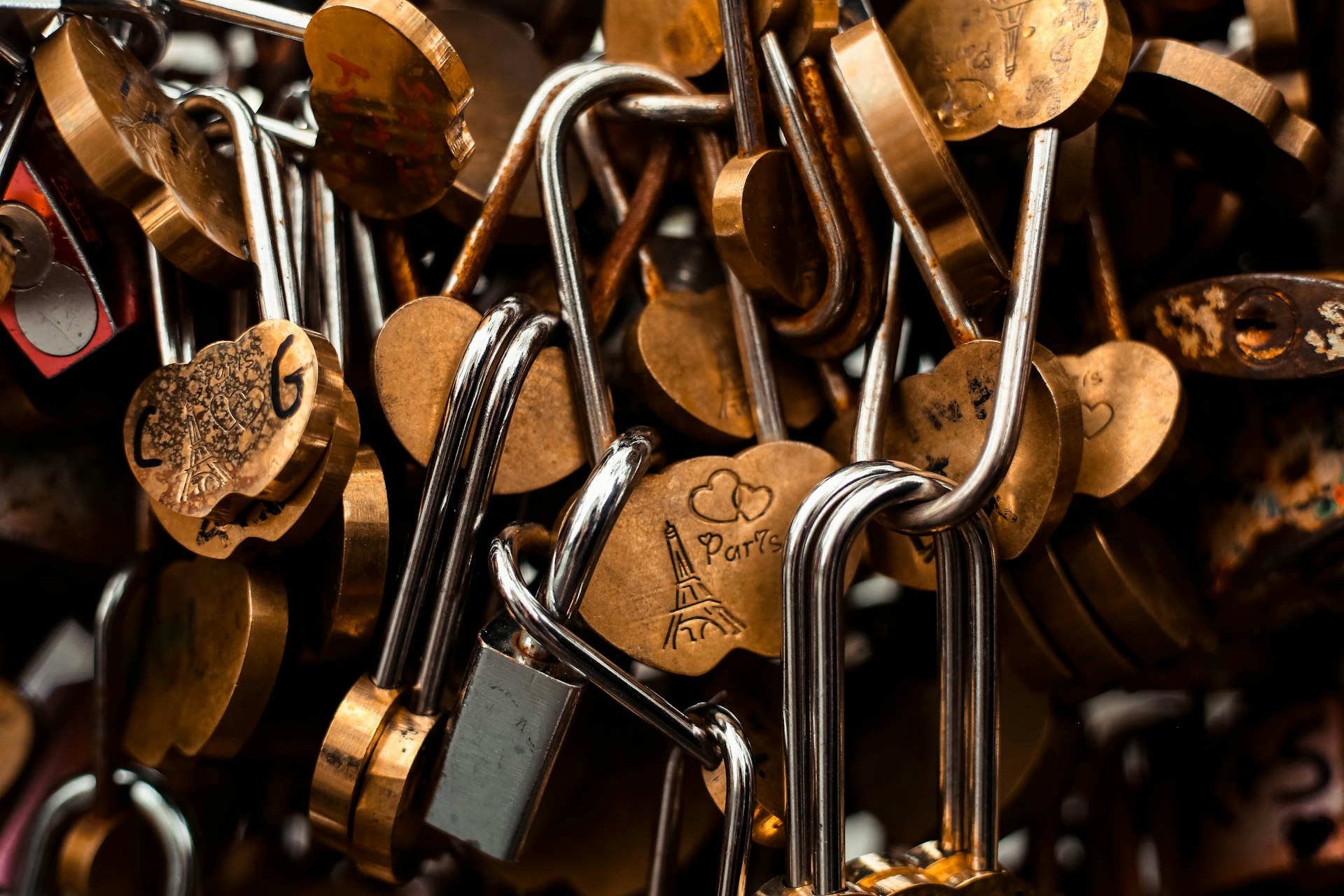Preserving Gaming’s Digital Heritage: Strategies, Challenges, and Pathways to Access

Photo by Sidney Pearce on Unsplash
Introduction: Why Preserving Games and Digital Archives Matters
Video games are not just entertainment-they are cultural artifacts, creative milestones, and technological innovations. Preserving their legacy through digital archives ensures future generations can study, enjoy, and learn from the full breadth of gaming history. As gaming evolves rapidly, systematic preservation is crucial for historians, developers, educators, and fans alike [1] . This article provides a comprehensive guide to game preservation and digital archives, offering actionable advice for accessing, maintaining, and benefiting from these vital resources.
Understanding Game Preservation and Digital Archives
Game preservation is the process of protecting, archiving, and maintaining video games, their source code, assets, and related documentation so they remain accessible over time. Digital archives store these materials, including game files, updates, patches, and even hardware emulation tools, in centralized or distributed repositories [2] .
Such archives are essential for the following reasons:
-
Historical research
: Scholars and enthusiasts can track the evolution of game mechanics, storytelling, and technology. -
Business continuity
: Developers can access legacy code and assets for remasters or sequels. -
Legal protection
: Proper archiving helps companies safeguard intellectual property and comply with copyright regulations [1] .
Core Strategies for Digital Game Preservation
Effective preservation requires a multi-faceted approach:
1. Emulation and Virtualization
Emulation involves running older games on modern hardware by simulating the original system’s environment. For example, software like NES emulators enables classic games to be played on contemporary computers [5] . Virtualization extends this concept to interactive media, ensuring compatibility with future platforms [4] .

Photo by Brett Jordan on Unsplash
Implementation guidance: To emulate a game, you typically need:
- A verified emulator (search for reputable open-source projects or consult academic digital preservation programs).
- Legally obtained ROMs or disk images (always respect copyright law; many classic games are not legally available for download).
- Documentation to configure and run the emulator effectively.
Individuals should search for “open-source game emulator projects” and consult university or museum resources for legal guidance.
2. Migration and Format Conversion
Over time, storage media and file formats become obsolete. Migration involves transferring game data from aging media (like cartridges or CDs) to current, accessible formats. Conversion to open-source or widely supported formats reduces the risk of data loss [4] .
Step-by-step:
- Identify the source media and assess its physical condition.
- Use specialized hardware to extract data safely (consult digital preservation specialists or local libraries for available tools).
- Convert files to open or standard formats and store them in multiple locations for redundancy.
Many local universities, libraries, or museums may have digitization services. Consider searching for “digital media migration services near me” for assistance.
3. Metadata Creation and Management
Metadata documents the context, origin, and technical specifications of each game. It is vital for researchers and curators to locate and interpret archived materials accurately [4] .
Best practices include:
- Recording the game’s developer, release date, version, and platform.
- Noting any special features, cultural significance, or unique gameplay elements.
- Standardizing metadata formats for consistency across archives.
Many archives use schema such as Dublin Core or custom templates. For guidance, consult professional library associations or digital curation resources.
Legal and Technical Challenges in Game Preservation
Legal barriers -including copyright law and digital rights management (DRM)-often hinder preservation efforts. Copying, migrating, or emulating games may violate copyright agreements unless explicit permission is granted by rights holders [3] . Negotiating exceptions or seeking non-commercial use licenses is sometimes possible, especially for educational or archival purposes.
Technical issues include media deterioration (e.g., corrosion of ROM cartridges, scratches on discs), hardware obsolescence, and the complexity of proprietary formats [5] . Solutions require ongoing maintenance, frequent backups, and adherence to digital preservation standards.
How to address these challenges:
- Partner with legal experts specializing in intellectual property and digital media.
- Advocate for legislative exceptions for digital preservation via professional organizations.
- Join or support nonprofit preservation initiatives to benefit from collective expertise and resources.
Accessing and Contributing to Game Archives
Many organizations and institutions maintain digital game archives for education, research, and preservation. While some are publicly accessible, others may require special permissions or institutional affiliations.
How to find and access archives:
- Major museums and libraries often have digital media collections. You can search for “video game archive collections” or contact your local or national library’s digital collections department.
- Nonprofit organizations like the Video Game History Foundation and Internet Archive have established reputations for preserving digital games and related media. For up-to-date information, search for these organizations by name and review their official sites for public access policies and guidelines.
- Academic institutions may provide access to their archives for research purposes. Consider searching for “university video game archives” or contacting digital curation departments directly.
If seeking to contribute games or materials, institutions typically require donors to complete forms detailing the items’ provenance and condition. Contact the relevant archive via their official website or phone directory for specific instructions on the donation process.
Best Practices for Individuals and Organizations
To effectively preserve your own game collections or support institutional efforts, follow these best practices:
- Store physical media in climate-controlled environments to prevent damage.
- Create digital backups using verified extraction tools and maintain redundant copies in secure locations.
- Document every item with detailed metadata, including photographs and technical specifications.
- Regularly monitor the state of your archives and update storage formats as technology evolves.
- Engage with professional groups, such as the Association for Recorded Sound Collections or International Association of Sound and Audiovisual Archives, for training and networking opportunities.
For further guidance, search for “digital preservation training” or “archival best practices workshops” through reputable library science programs or cultural heritage organizations.
Alternative Approaches and Community Involvement
In addition to institutional efforts, grassroots and community-based archiving projects play a major role in game preservation. Fan communities often develop emulation tools, document lost games, and maintain forums for sharing knowledge. While legal risks exist, these groups contribute substantially to safeguarding gaming’s history [2] .
To participate, consider joining established online communities focused on digital preservation, or volunteering with nonprofit archives. Always respect copyright law and seek guidance before sharing or downloading protected content.
Summary: Securing the Future of Gaming’s Digital Legacy
Game preservation and digital archives ensure that video games-one of the most influential media of the 21st century-remain accessible, playable, and understood for generations to come. By adopting best practices, utilizing legal and technical expertise, and supporting both institutional and grassroots efforts, everyone can play a part in safeguarding this rich cultural heritage.
References
- [1] Lark (n.d.). Game Archives – Definition and Significance.
- [2] Wikipedia (2024). Video game preservation.
- [3] ERIC (2015). Before It’s too Late: A Digital Game Preservation White Paper.
- [4] Confinity (2023). Digital Preservation: Securing the Legacy of Gaming and Interactive Media.
- [5] DiVA Portal (2024). Video Game Preservation and Emulation from Three Perspectives.
MORE FROM findsun.net













